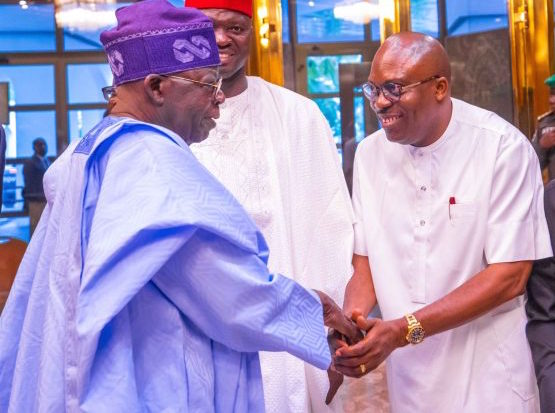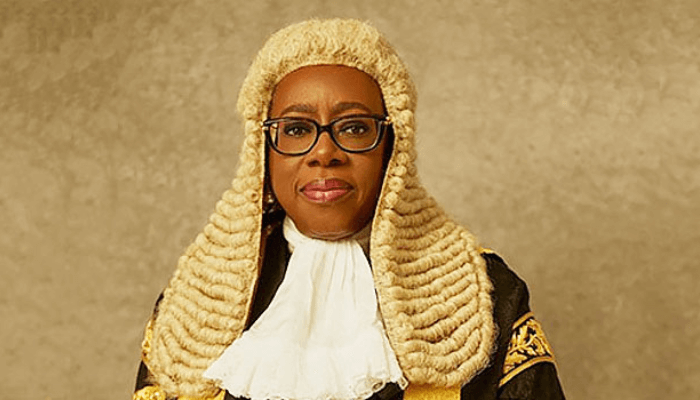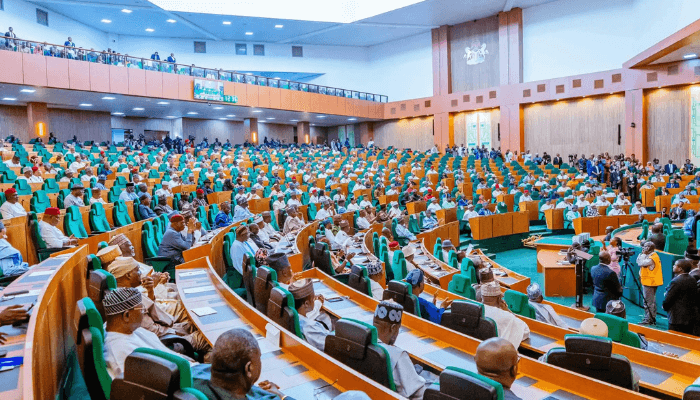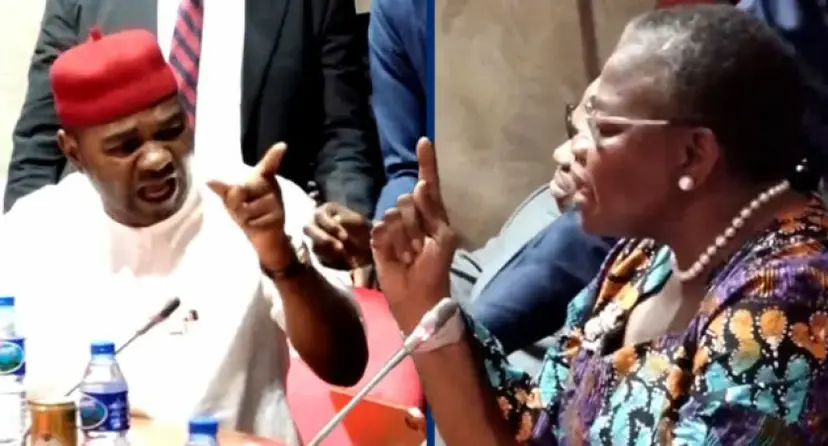Since Nigeria’s return to democracy in May 1999, the country has witnessed several instances of state-level emergency rule. Three presidents—Olusegun Obasanjo, Goodluck Jonathan, and Bola Tinubu—have invoked Section 305 of the 1999 Constitution to declare states of emergency in response to security crises and political instability.
This section defines a state of emergency as a situation of national danger, disaster, or terrorist threat, during which normal constitutional procedures may be suspended to restore order. Under such circumstances, the President is granted the power to issue immediate regulations aimed at securing public safety.
Below is a chronological record of emergency rule declarations in Nigeria since 1999:
Plateau State – May 18, 2004
President Olusegun Obasanjo declared a state of emergency in Plateau State, citing the governor’s failure to contain violent sectarian clashes.
Governor Joshua Dariye and the State House of Assembly were suspended.
The conflict, involving Muslim and Christian communities, had led to the deaths of over 2,000 people since September 2001.
Borno and Plateau States – December 31, 2011
President Goodluck Jonathan declared a state of emergency in parts of Borno and Plateau States.
The move was in response to rising terrorist attacks and sectarian violence in the affected areas.
Borno, Yobe, and Adamawa States – May 14, 2013
Amid escalating Boko Haram insurgency, Jonathan imposed a state of emergency across the entire northeast region, covering Borno, Yobe, and Adamawa States.
The measure was aimed at curbing terrorist activities and restoring security in the region.
Rivers State – March 18, 2025
President Bola Tinubu declared a state of emergency in Rivers State due to prolonged political turmoil.
Governor Siminalayi Fubara, his deputy Ngozi Odu, and all members of the House of Assembly were suspended for six months.
Vice Admiral Ibokette Ibas (Rtd) was appointed as state administrator to oversee governance during the emergency period.
These instances highlight how emergency rule has been used as a tool by successive administrations to address security threats and political instability at the state level. However, such declarations have also been met with controversy, raising concerns about constitutional overreach and democratic governance in Nigeria.




